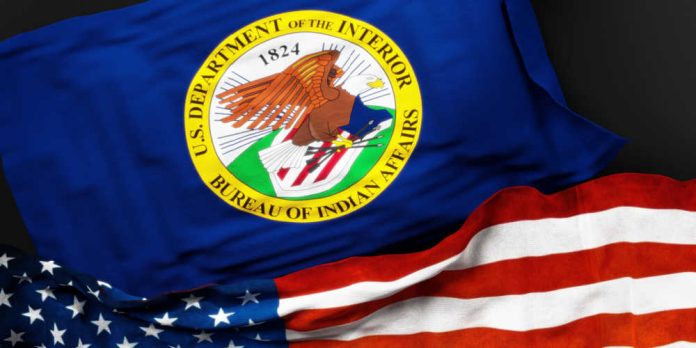Tribal gaming operators may be able to expand their operations online if proposals from the Bureau of Indian Affairs (BIA) come to fruition.
As reported by the Wall Street Journal, the BIA has made proposals that would make it easier for tribes to acquire land but could also allow for online gaming to be introduced via deals with the relevant state governments.
The proposals outline that tribes can negotiate statewide online gambling within the tribe-stat compacts, which would see online bets ruled as on-reservation if made on tribal land.
Responding to the growth of online gaming in the US since the repeal of PASPA in 2018, the BIA is making the proposals to avoid tribes and state governments from competing, thereby upholding the values of the Indian Gaming Regulatory Act (IGRA).
The act ensures that tribal and state governments agree compacts to operate casinos on tribal land within the states but the rise of online gambling has left some tribal operators feeling left out.
Therefore, the BIA proposals have come as welcome news for tribal operators, but commercial operators and state governments are not so warm towards the changes, which would ultimately see less revenue for the commercials and resultantly, the state.
But, as the Journal reported, BIA is proposing these changes to reduce the competition between the tribes and state governments after the rise of state-taxed casinos and sports betting.
The BIA’s proposals detailed: “The expansion of State lotteries and State licensed commercial gaming can place Tribes and States in direct competition for market share. Also, advancements in gaming technology and changes in State and Federal gaming law since the passage of IGRA has shaped the compact negotiation process.
“As a result, class III gaming compacts have expanded in scope and complexity as the parties seek mutually beneficial provisions. However, IGRA did not anticipate the compact negotiation process would be between competitors, rather sovereign governments seeking to regulate gaming.”
In the documents with the proposals, BIA explained that it conducted consultation with various groups to gauge opinion on the possibility of online gaming being included in new proposals.
It stated that ‘the overwhelming majority’ of respondents agreed that igaming should be involved in any new agreements made between the federal and state government, with the tribes.
“The Department acknowledges the comments and has added a new section to the proposed rule “ 293.29 May a compact of the amendment include provisions addressing Statewide remote wagering or internet gaming,” addressing Statewide remote wagering and internet gaming.” – the BIA wrote.
“The Department’s position is that the negotiation between a Tribe and State over Statewide remote wagering or i-gaming falls under these broad categories of criminal and civil jurisdiction.
“Accordingly, provided that a player is not physically located on another Tribe’s Indian lands, a Tribe should have the opportunity to engage in this type of gaming pursuant to a Tribal-State gaming compact.”














